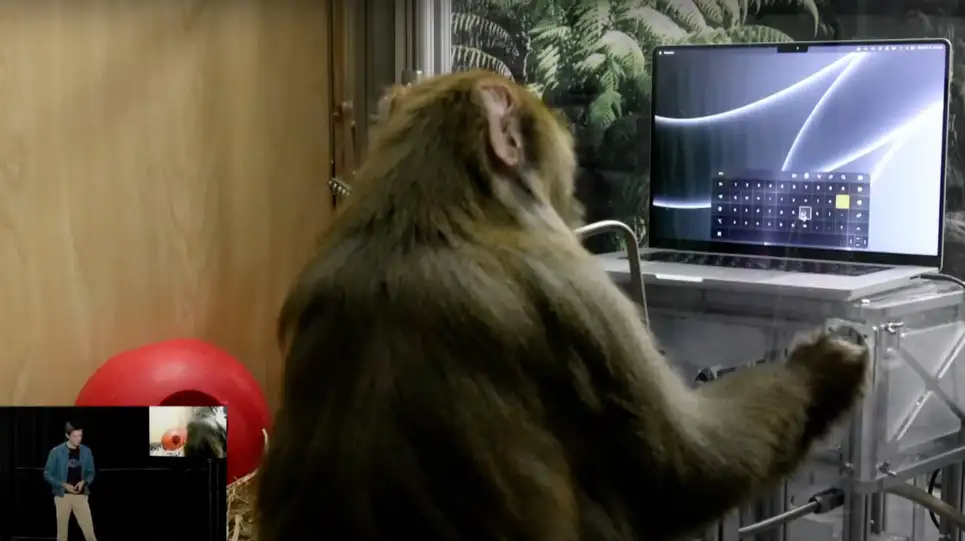

Neuralink Corp. by Elon Musk is working on a novel technology for patients with the potential of a brain stroke. It is a coin-sized chip projected for availability by May 2023, per the company’s announcement at its Fremont, Calif, event headquarters on Wednesday evening.
Neuralink is continuously working on the Neuralink Brain Chip, a composition of electrode-laced wires inserted into the skull by advanced robotics. The US Food and Drug Administration (FDA) will likely approve the product for its first human trials within the next six months.
Amidst all chaos at Twitter, Elon Musk has tasked Neuralink to be ahead of time in working on implants for other body parts, including the spinal cord to restore body movement post paralysis and an ocular implant to improve or restore human vision.
At the event, Musk confidently informed the media that Neuralink would bring back full-body functionality to someone with a severely impacted spinal cord and restore vision in someone who has never seen through their eyes.
Initially skeptical about AI, Musk now believes that to keep up with the advancement of AI, human brains would need technological enhancements, as in the case of the Neuralink device that translates neuronal spikes into data that a computer can interpret.
Brain-machine interface technology has been a researcher’s muse in academia for decades, which has now been mobilized by Musk and made attractive for venture capitalists to fund the activities. And yet, Musk’s critics consider Neuralink offerings to be an overhype.
The concern with BCI surgery is its intensity, as it will cut out a portion of the brain and insert the circuit similar to Synchron Inc., which has implanted a small stent-like device into the brains of patients in Australia and the US, helping patients unable to move or speak to communicate wirelessly via computer and thoughts.
But if open heart surgery and pacemaker transplantation have covered humans for years now, BCI implants by Neuralink too will scale to the advantage of humankind by making surgeries quick and effective without foreseeable dangers. Neuralink also claims to be ahead of competitors, offering greater computing power and processing.
Brain-Computer Interface BCI technology is intended for Amyotrophic Lateral Sclerosis (ALS) or people suffering the aftereffects of a stroke to communicate via their thoughts. The trial of the Neuralink Brain Chip has been accomplished on a primate “telepathically typing” on a screen. Autumn Sorrells, Neuralink’s animal care director, has been striving to guarantee that the tests on the monkeys and pigs are conducted safely and has developed novel training procedures. ♦

